STEPHANIE SKOPEK DDS
- posted: Jan. 13, 2022
What You Don’t Know About Activated Charcoal… and Why You Should Ditch the Trend in 2022
Charcoal is manufactured from coal, wood, and other substances. It becomes ‘activated’ when you combine this substance with gases and high temperatures to increase the surface area by creating a lot of little pores in the material. It is mainly used to treat drug overdoses, as well as poisonings, in hospitals and carefully controlled health care settings. This is because it binds to toxins and removes them from the body.
‘Activated’ charcoal is also marketed in different formulations as a supplement to reduce gas, hangovers, and other miscellaneous ailments. It is, however, not a drug and therefore is not strictly regulated by the FDA. That being said, there is limited science and research to support these current uses. Activated charcoal does not occur naturally in foods or in nature. There is nothing natural about it, as it is completely manufactured.
So why is it found in toothpastes and mouth rinses?
The use of activated charcoal to clean teeth was initially popular in Africa, where it was used to clean teeth because of the unavailability of toothpaste. This use inspired the idea of adding charcoal in toothpaste, which claims to be able to whiten teeth.
I’ve seen claims all over the internet about the benefits of activated charcoal as a natural tooth whitener and I feel like it’s time you know the facts…
The active ingredient is activated charcoal and it is NOT natural.
According to The Journal of the American Dental Association (JADA), there isn’t any evidence to show that activated charcoal is safe or capable of whitening teeth. Activated charcoal can't actually whiten teeth, but it can remove stains that stick to teeth by scratching off that stain, and consequently enamel. In fact, common sense would dictate that it makes no sense at all that the claimed benefits would be true.
1. First off, the color is BLACK. Intuitively, it doesn’t make sense that putting something black on your teeth would make them white…
2. Charcoal is extremely abrasive (scratchy) and not soluble in water. The protective enamel on our teeth is the hardest substance in our bodies and when it is scratched away, our teeth are vulnerable to decay, sensitivity, and wear and there is no way to get it back. Abrading the enamel can also roughen the enamel surface, making the teeth more vulnerable to picking up stain. And when the enamel surface wears away, the underlying dentin - which is yellower - shows through and makes the teeth look duller.
So should I use an activated charcoal mouth rinse instead?
NO!
I had a patient recently that came in for her 6-month recare and cleaning appointment. She had so much black stain on her teeth.
I was puzzled and started asking questions about changes in her routine at home. She told me that she subscribed to an organic, natural home products box that included an activated charcoal mouth rinse that she had been using every day for 2 weeks. She thought because it said ‘natural’ and ‘sustainable’ on the label, it was safe to use.
I couldn’t believe how difficult this black stain was to polish from her teeth! The cleaning appointment took at least 20 minutes longer than usual. By the time she left, she admitted that she spilled some of the rinse on her t-shirt and it permanently stained. It also stained her porcelain sink.
When I see internet photos or videos of people brushing their teeth with charcoal paste, I shake my head. I caution about the use of activated charcoal in any oral care products and you should consult with your dentist first to see what products might be best for you and which ones you should avoid.


